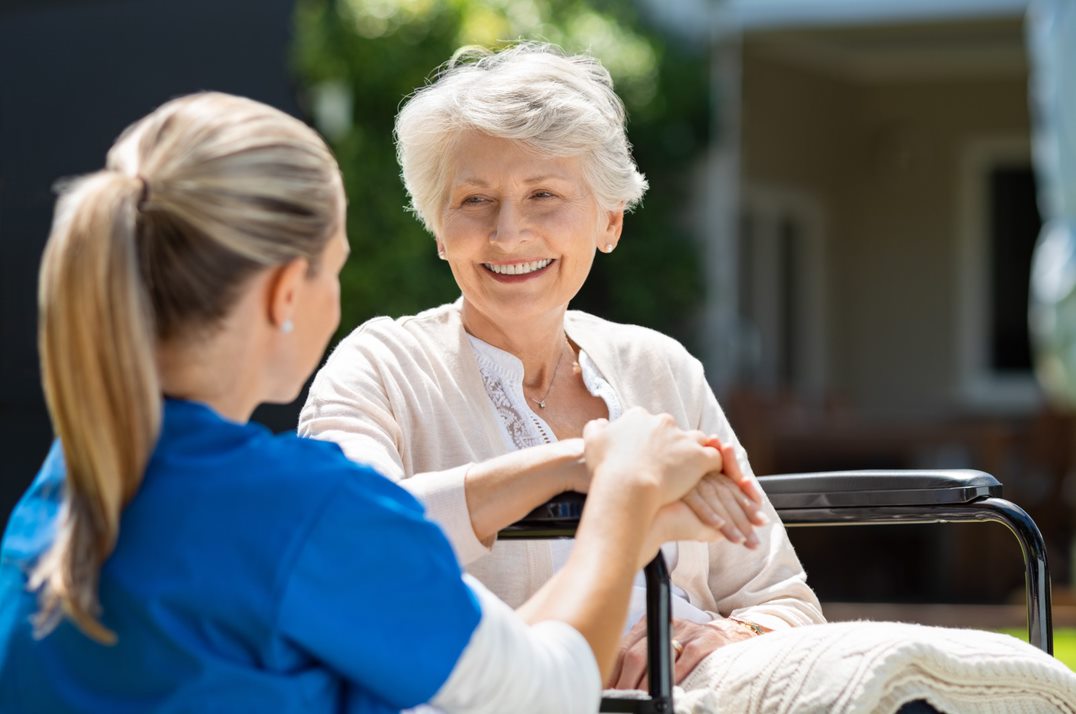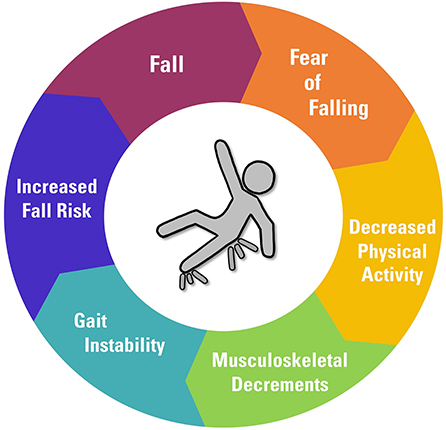The Ultimate Guide To Dementia Fall Risk
Table of ContentsDementia Fall Risk Fundamentals ExplainedThe 2-Minute Rule for Dementia Fall RiskDementia Fall Risk Things To Know Before You BuyThe smart Trick of Dementia Fall Risk That Nobody is DiscussingThe smart Trick of Dementia Fall Risk That Nobody is Discussing
In the area, poor road lighting or unsafe creeks and land fills may likewise trigger mishaps. Autumns Threat Assessment Device (FRAT) is a 4-item falls-risk testing tool for sub-acute and household care. The FRAT has 3 areas: drop risk status, risk element checklist, and activity strategy. A Fall Threat Standing consists of information regarding history of current drops, drugs, psychological and cognitive status of the person.If the patient scores on a danger variable, the matching number of factors are counted to the patient's autumn danger score in package to the far appropriate. If a client's autumn risk rating amounts to 5 or greater, the person goes to high danger for falls. If the patient scores just 4 factors or reduced, they are still at some threat of dropping, and the registered nurse should use their ideal professional analysis to take care of all fall risk elements as part of an all natural treatment plan.
These common techniques, in general, assist develop a safe environment that reduces unintentional falls and defines core safety nets for all individuals. Signs are vital for clients at threat for drops. Health care companies require to recognize that has the condition, for they are responsible for applying activities to advertise client safety and security and protect against drops.
Indicators on Dementia Fall Risk You Need To Know
Wristbands should include the person's last and first name, day of birth, and NHS number in the UK. Information ought to be printed/written in black versus a white background. Only red color should be utilized to signify unique client condition. These suggestions follow present developments in individual recognition (Sevdalis et al., 2009).
Things that are as well far might require the patient to connect or ambulate unnecessarily and can possibly be a risk or contribute to falls. Aids protect against the client from heading out of bed with no help. Nurses respond to fallers' telephone call lights more quickly than they do to lights initiated by non-fallers.
Visual disability can considerably cause drops. Hip pads, when worn effectively, might minimize a hip crack when autumn happens. Keeping the beds closer to the flooring minimizes the danger of drops and serious injury. Placing the bed mattress on the flooring dramatically minimizes loss danger in some health care settings. Low beds are designed to minimize the distance a patient falls after relocating out of bed.
The Best Strategy To Use For Dementia Fall Risk
Individuals who are tall and with weak leg muscles who try to rest on the bed from a standing setting are likely to drop onto the bed since it's as well low for them to lower themselves safely. Also, if a tall individual attempts to stand up from a reduced bed without support, the client is most likely to fall back down onto the bed or miss out on the bed and drop onto the flooring.
They're designed to promote timely rescue, not to stop drops from bed. Aside from bed alarms, boosted supervision for high-risk people also may help stop falls.

People with a shuffling gait rise loss possibilities drastically. To minimize loss risk, shoes ought to be with a little to no heel, thin soles with slip-resistant step, and sustain the ankles. Advise person to make use of nonskid socks to avoid the feet from moving upon standing. Encourage clients to put on ideal, well-fitting shoesnot nonskid socks for motion.
Dementia Fall Risk for Dummies
In a research, homes with appropriate illumination report less falls (Ramulu et al., 2021). Improvement in lighting at home might decrease autumn prices in older adults.

Sitters are effective for guaranteeing a safe and secure, protected, and secure atmosphere. Nonetheless, studies demonstrated extremely low-certainty proof that sitters lower autumn threat in intense treatment medical facilities and only moderate-certainty that choices like video surveillance can lower sitter usage without raising autumn threat, suggesting that caretakers are not as helpful as at first believed (Greely et al., 2020).
The 5-Second Trick For Dementia Fall Risk

Increased physical fitness lowers the danger for drops and limits injury that is sustained when loss transpires. check my source Land and water-based exercise programs might be similarly helpful on balance and stride and therefore minimize the risk for falls. Water exercise may contribute a favorable advantage on balance and gait for females 65 years and older.
Chair Increase Exercise is a simple sit-to-stand exercise that aids enhance the muscle mass in the upper legs and buttocks and improves wheelchair and freedom. The objective is to do Chair Increase workouts without making use of hands as the client comes to be stronger. See resources area for a detailed instruction pop over to these guys on how to do Chair Surge workout.
Comments on “Things about Dementia Fall Risk”